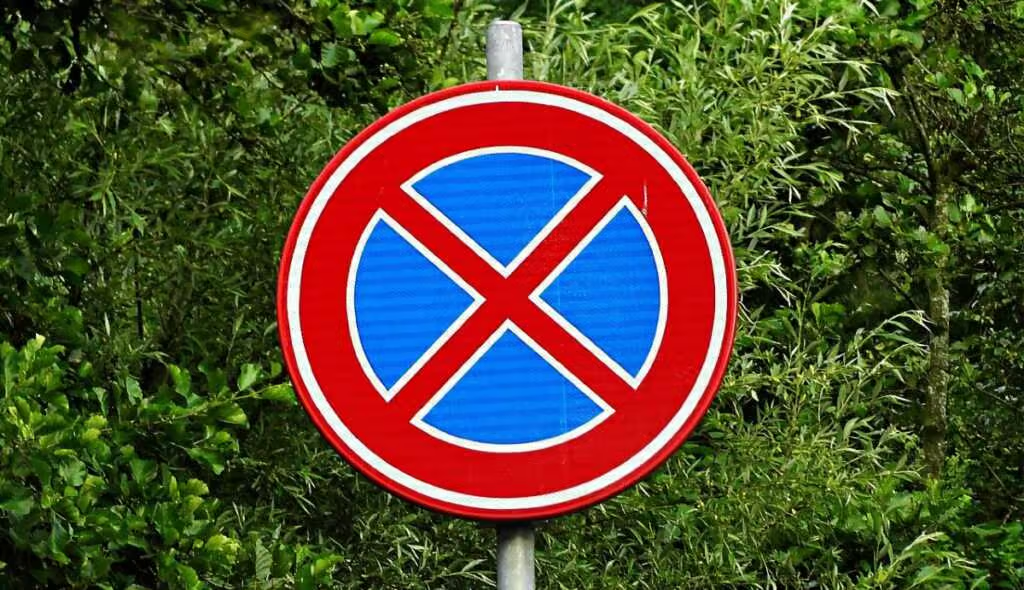This article talks about the police power of the state and how it should be lawfully exercised by the government under the Philippine Constitution.
The Awesome Police Power of the State
Freedom is a blessing enjoyed under a democracy. However, it is not absolute, lest we fall into anarchy. Rights may be regulated such that the state may enact regulations that may interfere with personal liberty. The most powerful tool of the state in regulating liberty is police power. Generally, police power is that inherent and plenary power in the State which enables it to prohibit all things hurtful to the comfort, safety and welfare of society [Rubi vs. Provincial Board, 39 Phil 660]. It is that authority to enact legislation that may interfere with personal liberty or property in order to promote the general welfare.[Calalang vs. Williams, G.R. No. 47800, 02 December 1940]. As held in the landmark case of Smith Bell & Company vs. Natividad (G.R. No. 15574], police power is the most essential, insistent and illimitable power of the state.
In the Philippine setting, police power has allowed the state to prescribe retention limits to land owners under the Comprehensive Agrarian Reform Law [see Roxas vs. Court of Appeals, 321 SCRA 106], grant discounts on medicines for senior citizens and PWDs [see Southern Dug Corporation vs. DSWD, G.R. No. 199669, 25 April 2017 and Drugstore Association of the Philippines vs. National Council on Disability Affairs, G.R. No. 194561, 14 September 2016], temporary closure of Boracay to tourists [see Zaval vs. Duterte, G.R. No. 238467, 12 February 2019], limiting the deployment of overseas workers to skilled workers [see Executive Secretary vs. Court of Appeals, 429 SCRA 81], and regulating the real estate profession [ see Remman Enterprises vs. Professional Regulatory Board, G.R. No. 197676, 04 February 2014] among many others.
Limitations on Police Power
Since police power is essential to the survival of the state, it is far-reaching in scope. Thus, in Ichong vs. Hernandez (G.R. No. L-7995, 31 May 1957) the Supreme Court elucidated:
“It has been said the police power is so far – reaching in scope, that it has become almost impossible to limit its sweep. As it derives its existence from the very existence of the State itself, it does not need to be expressed or defined in its scope; it is said to be co-extensive with self-protection and survival, and as such it is the most positive and active of all governmental processes, the most essential, insistent and illimitable. Especially is it so under a modern democratic framework where the demands of society and of nations have multiplied to almost unimaginable proportions; the field and scope of police power has become almost boundless, just as the fields of public interest and public welfare have become almost all-embracing and have transcended human foresight. Otherwise stated, as we cannot foresee the needs and demands of public interest and welfare in this constantly changing and progressive world, so we cannot delimit beforehand the extent or scope of police power by which and through which the State seeks to attain or achieve interest or welfare. So it is that Constitutions do not define the scope or extent of the police power of the State; what they do is to set forth the limitations thereof. The most important of these are the due process clause and the equal protection clause.”
Despite the awesome nature of police power, such right of the state is not absolute. It is circumscribed by no less than Article III, Sec. 1 of the Philippine Constitution which mandates that “No person shall be deprived of life, liberty or property without due process of law, nor any person be denied the equal protection of the laws.”
This constitutional mandate on due process is a safeguard against the arbitrary and despotic wielding of police power by the government. Thus, jurisprudence is replete with cases which laid down the test to determine the validity of the exercise of police power as follows: (1) the interests of the public generally, as distinguished from those of a particular class, requires its exercise; and (2) the means employed are reasonably necessary for the accomplishment of the purpose and not unduly oppressive upon individuals [National Development Company v. Philippine Veterans Bank, 192 SCRA 257]. If the governmental act does not satisfy the lawful subject and lawful means test, then the act is struck down as unconstitutional. Thus, such governmental acts were held unlawful and unconstitutional by the Philippine Supreme Court: city ordinance prohibiting the operation of beerhouses, cabarets and saunas [City of Manila vs. Laguio, 455 SCRA 308], ordinance banning short-time admission rates in motels [White Light Corporation vs. City of Manila, G.R. No. 122846, 20 January 2009], among others.
Police power is primarily lodged with the legislative department of government. However, by virtue of a valid delegation, it may also be exercised by the President of the Philippines, administrative boards and local governments under the general welfare clause.
About Nicolas and De Vega Law Offices
If you need assistance in administrative, civil and criminal litigation, we can help you. Nicolas and de Vega Law Offices is a full-service law firm in the Philippines. You may visit us at the 16th Flr., Suite 1607 AIC Burgundy Empire Tower, ADB Ave., Ortigas Center, 1605 Pasig City, Metro Manila, Philippines. You may also call us at +632 84706126, +632 84706130, +632 84016392 or e-mail us at [email protected]. Visit our website https://ndvlaw.com.









